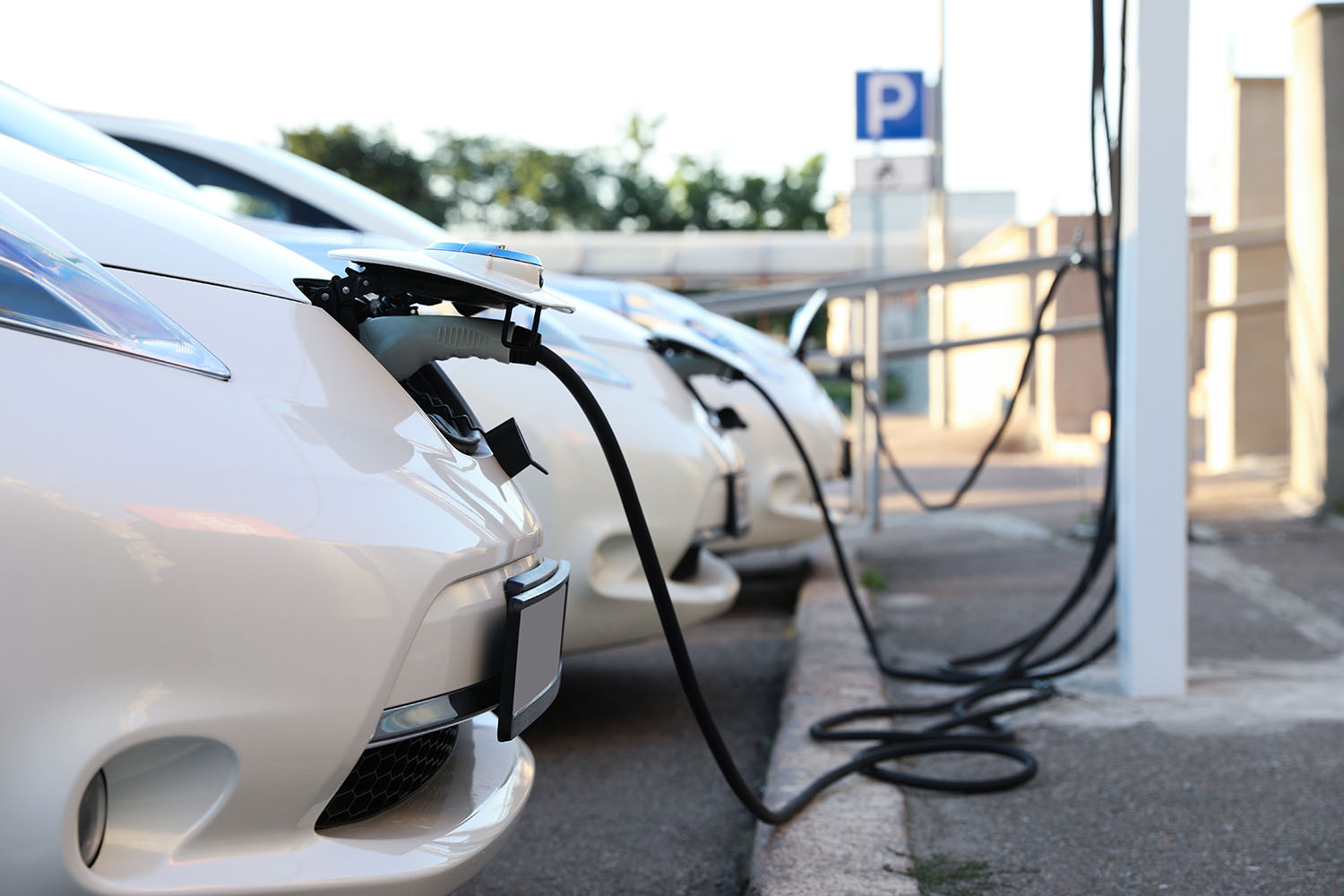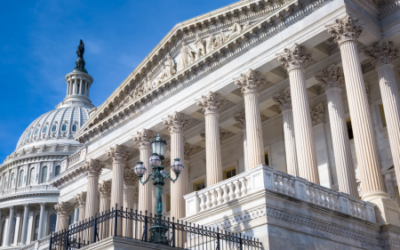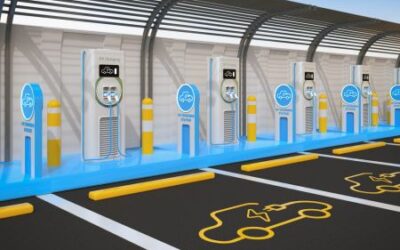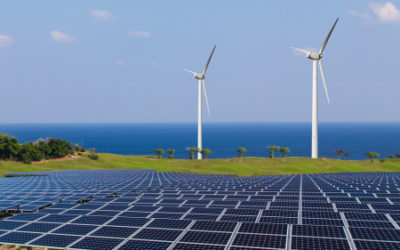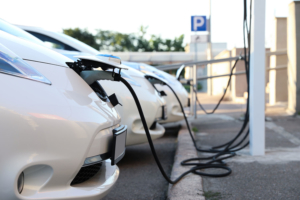
Ready for it? Hang on … this may be surprising. Currently, $41.9 billion is sitting inertly in federal grant programs overseen by the U.S. Department of Transportation (USDOT), and all this funding is earmarked for electric vehicle (EV) infrastructure projects. Even more in funding is available from other federal agencies, and the government appears to be waiting for interested parties to find it.
In April 2021, USDOT released a memo diagramming how EV infrastructure projects were eligible to tap into that $41.9 billion in funds from 15 specific federal grant programs.
The U.S. Department of Energy is ready to provide funding for research related to sophisticated iterations of EV charging technology. This includes $10 million for research and development of EV charging equipment that can more efficiently serve a higher volume of EVs in the future. There’s also $20 million for accelerating commercial availability of plug-in electric vehicles (PEVs) and for supporting public-private partnerships that highlight broader applications of PEV use.
Underscored by ample funding and encouragement, the federal government’s EV-related ambitions are now being adopted through more localized efforts.
At the state level, for example, Michigan announced in May that it was designating $1.9 million in grants to install a new network of EV chargers. After having already awarded $4 million in grants for EV charging stations at 76 sites over the last two years, the state’s most recent wave of funding will be used to install 88 more new EV charging stations at 32 different sites. The Michigan Department of Transportation (MDOT) announced in September that it would supplement these projects with a request for proposals (RFP) to develop more experimental examples of EV infrastructure. MDOT will solicit design, funding, evaluation, testing, and implementation services for an Inductive Vehicle Charging Pilot. This effort could lead to the implementation of EV road-charging infrastructure to even more areas of Michigan.
In Washington, the state’s Department of Transportation is awarding grants for EV projects from a pool of approximately $8 million. This influx of funding is intended to encourage development of EV charging services along interstate highways and roadways connecting midsize populations to tourist destinations. This ongoing program was launched in July, and it will continue to award grants through the end of June 2023.
EV infrastructure funding also is available in Maryland. The governor allocated $3.7 million for projects that increase access to EV charging services throughout the state. More specifically, the funding will be used to construct 145 workplace chargers and 36 new public chargers that will operate up to 10 times faster than regular charging stations.
On October 1, Alabama’s governor raised the visibility of the state’s focus on EV infrastructure by providing another $4.1 million for EV projects. The funding is earmarked for the construction of 18 new charging stations along Alabama’s heavily trafficked segment of the Interstate 20 corridor. Meanwhile, the state’s legislature allocated another $2 million for continued development of EV charging infrastructure.
In Massachusetts, a $4 million grant was made to Boston Logan International Airport for the purpose of upgrading its EV charging infrastructure. The revenue is specifically allocated for charging stations that will accommodate the airport’s electric ground-servicing equipment. Not only will the project allow the airport to reduce ground emissions and improve air quality, but it will also increase sustainability and reduce the facility’s dependence on conventional fuels.
Similarly, grants of $4.6 million and $3.8 million were awarded to the Sacramento International Airport in California and the Tampa International Airport in Florida, respectively, for the purchase of new EV charging stations and/or the improvement of EV infrastructure.
Although most states rely largely on grant funding to promote EV infrastructure, Illinois is encouraging similar efforts through a rebate program. The initiative overseen by the Illinois Environmental Protection Agency (IEPA) will officially begin July 1, 2022. Rebates will reimburse up to 80 percent of the initial costs incurred from installing the faster EV charging stations. The IEPA program will accept funding applications from both public and private entities.
In New York, legislators recently introduced a bill that would tether all building-caliber construction and renovation projects to the development of EV infrastructure. The proposed legislation would require that all future construction and renovation projects make additional effort to buildout EV compatibility across 100 percent of the parking spaces with a minimum of level-2 charging access across 20 percent of the spaces.
In February, Tennessee’s Department of Environment and Conservation (TDEC) and the Tennessee Valley Authority (TVA) announced plans to form a partnership with EV charging infrastructure as the central focus. TDEC will allocate funding from the state’s Volkswagen Diesel Settlement Environmental Mitigation allocation. A percentage of that settlement funding is already being used to fund light-duty EV chargers. Now, another $5 million will be made available to fast charging EV infrastructure along the state’s most frequented roadways.
Texas intends to use its multi-million-dollar Volkswagen settlement allocation to provide funding for EV charging stations and EV infrastructure. State officials have designated parts of Texas that will receive priority for the funding.
Recently, the California Energy Commission awarded a $5 million grant to support an EV project in Bakersfield. The project to construct a solar-powered truck charging stop will represent the state’s first EV charging station available exclusively to heavy-duty electric trucks. Initially, EV charging stations will support enough equipment to accommodate 12 electric trucks with 5 megawatts (MW) of solar power. However, it may also scale to 40 charging stations powered by 25 MW total of solar power with on-site storage of an additional 40 MW.
As initiatives continue to spur growth of the EV infrastructure, the federal government’s goal of installing 500,000 chargers to support EV use across the entire country now seems much more tangible. Funding is abundant, and the $1.2 trillion infrastructure bill that was passed by the Senate in August designates another $7.5 billion for the installation of new EV chargers. If or when the bill passes Congress and is signed by the President, the vision of a nationwide EV charging infrastructure is likely to become a reality rather than a distant goal.

